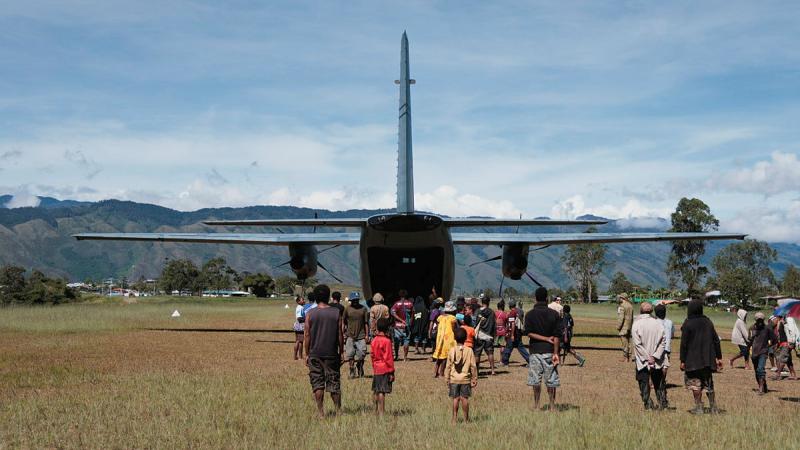- A “war on fair taxation” has seen tax rates on the wealth and income of the richest collapse.
- For every $1 raised in tax in G20 countries, less than 8 cents comes from taxes on wealth.
- The top 1 percent of earners in G20 countries have seen the top tax rates on their income fall by roughly a third in recent decades, while their share of national income has increased by 45 percent.
- A modest wealth tax of up to 5 percent on the G20’s richest individuals could bring in nearly $1.5 trillion a year.
Less than eight cents in every dollar raised in tax revenue in G20 countries now comes from taxes on wealth, reveals new analysis by Oxfam today ahead of the first meeting of G20 Finance Ministers and Central Bank Governors in Sao Paulo, Brazil.
By comparison, more than 32 cents in every dollar (over four times as much) is collected from taxes on goods and services. Taxes on food and other necessities, for example, shift more of the tax burden onto lower-income families.
Oxfam’s research also found that the share of national income going to the top 1 percent of earners in G20 countries has increased by 45 percent over the last four decades. During the same period, the top tax rates on their incomes has fallen by roughly a third (from around 60 percent in 1980 to 40 percent in 2022).
The top 1 percent of earners in G20 countries made more than $18 trillion in income 2022, a figure higher than the GDP of China.
In countries including Brazil, France, Italy, the UK and US, the super-rich pay an effective tax rate lower than the average worker. G20 countries are home to nearly four out of five of the world’s billionaires.
“In country after country, a war on fair taxation has coincided with a war on democracy, putting more money and power into the hands of a tiny, inequality-fuelling elite. As the finance ministers of the world’s largest economies gather this week, this contest takes centre stage: will they reclaim their democracies by taxing the super-rich?” said Katia Maia, Executive Director of Oxfam Brazil.
Brazil, at the helm of the G20, has plans to forge the first global agreement on taxing the super-rich to reduce global inequality. A recent poll has revealed that nearly three-quarters of millionaires in G20 countries support higher taxes on wealth, and over half think extreme wealth is a “threat to democracy.”
Higher taxes on the wealth and income of the richest could raise the trillions of dollars needed to tackle both inequality and climate breakdown. For example, Oxfam estimates that a wealth tax of up to 5 percent on the G20’s multimillionaires and billionaires could raise nearly $1.5 trillion a year. This would be enough to end global hunger, help low- and middle-income countries adapt to climate change, and bring the world back on track to meeting the United Nations’ Sustainable Development Goals (SDG) —and still leave more than $546 billion to invest in inequality-busting public services and climate action in G20 countries.
“A fair tax system can curb inequality and foster healthier, more inclusive societies,” said Maia. “Higher taxes for the super-rich means being able to invest in working families, protecting the climate, and making important public services like education and healthcare available to all. It also means being able to repair holes in social safety nets, to soften the blow of future crises.”







